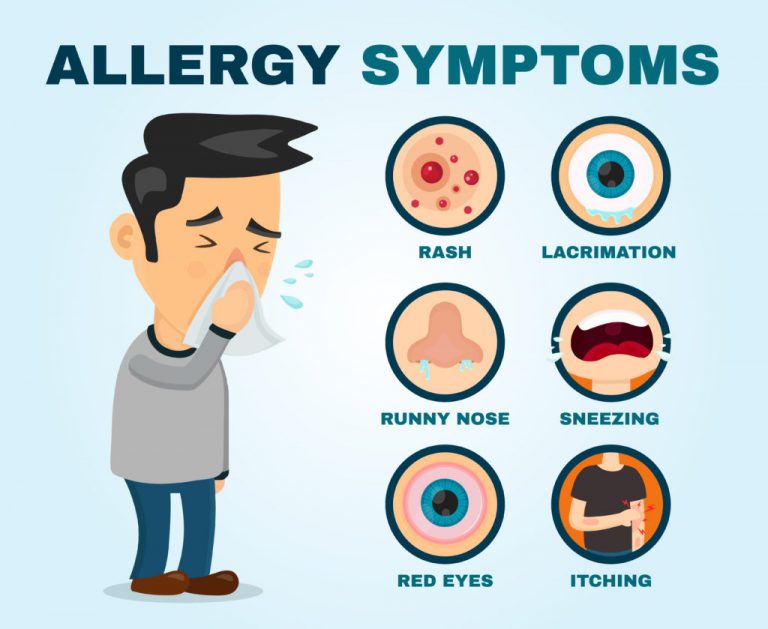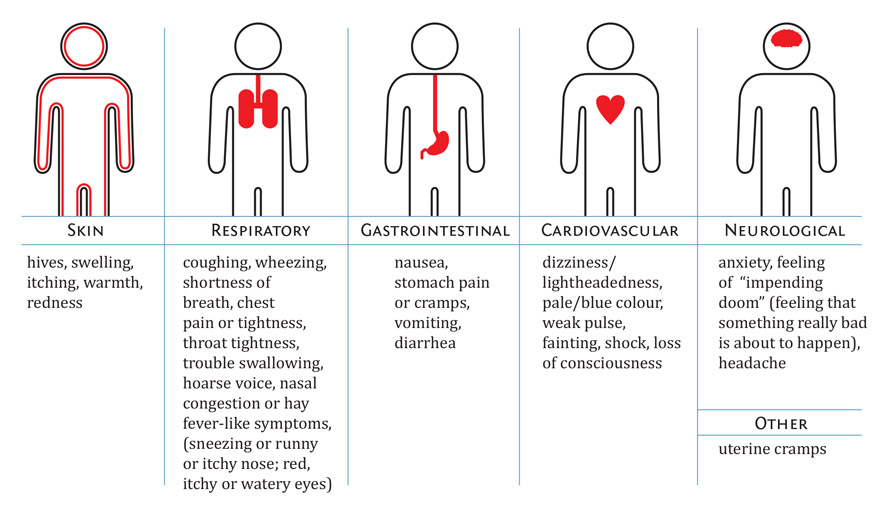People with allergies can lower allergy reactions by laughing

People with Allergies Can Lower Allergy Reactions by Laughing

Allergies are a common condition affecting millions of people worldwide. From sneezing and coughing to skin rashes and itchy eyes, allergy symptoms can range from mild to severe. However, recent studies have suggested that humor and laughter can play a significant role in reducing and managing allergy reactions.
Laughter has long been recognized as a natural remedy for stress, boosting the immune system, and promoting overall well-being. It triggers the release of endorphins, known as the “feel-good” hormones, which can alleviate pain and improve mood. This is particularly important for individuals with allergies, as stress and anxiety can often amplify allergic reactions.

When we laugh, our body channels positive energy, diverting attention away from the negative aspects of allergy symptoms. It works as a distraction, providing temporary relief and reducing feelings of discomfort. By engaging in laughter, individuals may experience a decrease in the severity and duration of their allergy reactions.
Furthermore, laughter promotes better breathing. Many allergy sufferers experience restricted airways, congestion, and shortness of breath. Laughing, with its characteristic deep breaths and exhalations, can help clear the respiratory system, facilitating easier and more comfortable breathing. Improved airflow can alleviate symptoms like wheezing and coughing, providing a welcome respite for those with allergies.
In addition to its physiological benefits, laughter also supports psychological well-being. Living with allergies can be challenging and sometimes isolating, especially when symptoms affect daily activities and social interactions. Laughing together with others creates a sense of connection, strengthens relationships, and generates a positive environment that helps individuals cope with the challenges that allergies present.
While laughter alone may not be a standalone treatment for allergies, it can be a valuable complementary approach to managing symptoms. Incorporating humor and laughter into daily routines, such as watching funny videos, reading jokes, or spending time with funny individuals, may contribute to overall allergy management and improved quality of life.
In conclusion, laughter has the potential to lower allergy reactions in individuals with allergies. By promoting a sense of well-being, distraction from discomfort, improved breathing, and fostering social connections, laughter offers a holistic approach to managing allergy symptoms. So, go ahead, indulge in a good laugh, and embrace the surprising benefits it can provide for your allergies.
Source:
Share
Related Posts
Quick Links
Legal Stuff

